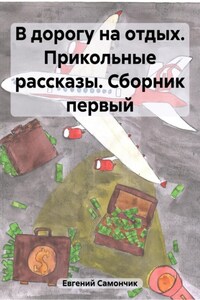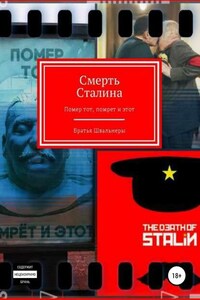David stood in the elevator booth and looked at the changing numbers – “7, 6, 5”. He had just given the keys to the owner of the apartment, and he was very anxious. He wanted to feel like all the doors were now open in front of him, but even the elevator doors wouldn’t let him out. When he received the money for the bed he had sold this morning, he felt only dread. The only thought running through his head was “No, no, don’t do that. What am I going to do now?” Of course, he had a plan. He agreed with his father that he would stay with him for the time and decide what he would do next. The elevator doors opened.
David sold everything he had. What was left was a backpack and the things that fit into it: a cell phone and charger, documents, and credit cards. Of clothes and shoes: his favorite Crocs, two shorts, jeans, three T-shirts and one sweater. Socks? They were holey, so he threw them away. He threw out a lot of other things, too. Some he was tired of, others seemed like reminders of someone else’s life. It’s both easy and scary when all your luggage fits in a bag behind your back and in your jeans pockets. He took the train to Stretford, where his father lived and where he had lived his childhood and youth. But still he felt this unquenchable anxiety.
For all the things he had accumulated over the previous years, he had made a lot of money. The TV and the X-box were not the most expensive items. It was the junk that brought him the most money. For example, the night stand he’d carried around for the past six years in all his rented apartments brought in 80 pounds. A collection of Olympic badges, which were covered in a layer of dust, brought in more than a hundred. The man who bought them said it was a very good investment.
David was on his way to his father’s house and had a premonition that he would have to answer the question he had been asking himself, “What’s next?”
*
“What’s next?” child interrogated the teacher while standing at the blackboard.
The sun shone softly through the windows of Miss Deborah Glandfield’s history class at Westover Magnet School. It was a sunny day at Stamford. All the children shifted their gaze from the speaker to the teacher.
“Yes, go on,” she encouraged him, nodding her head. “What happened next?”
“Then,” the boy opened his eyes wide, “first governor of Plymouth Colony proposed a celebration,” and fell silent again.
“Why?” the teacher wondered, raising her eyebrows.
“Well,” the boy looked at the class. “They wanted to thank the earth and God for surviving.”
The teacher smiled and added:
“And they also wanted to thank the Indians who were open to outsiders and taught them how to survive on the land. Yes?” the teacher winked.
Debby stood by her desk and looked at the boy at the blackboard, completely immersed in his report. He was embarrassed to stand in front of the whole class and the portraits of America’s founding fathers. Debby tried to encourage him. She was proud that he was overcoming himself.
“Well, that, too, of course,” the boy smiled.
*
“Of course. I’ll add this information and show it to you for confirmation,” going through the papers, said Jean-Pierre. “Tomorrow morning we can send everything to Interpol and the others.”
He stood next to his patron’s desk and looked carefully at the notes on the sheets. He was completely focused on not forgetting edits. The man tucked the documents into a folder and headed to the door of the French external security directorate chief’s office. It was raining outside the window on Boulevard Mortier, and it was late evening.
“Thank you, Jean-Pierre,” the patron said with approval, looking at the concentration of his assistant.












